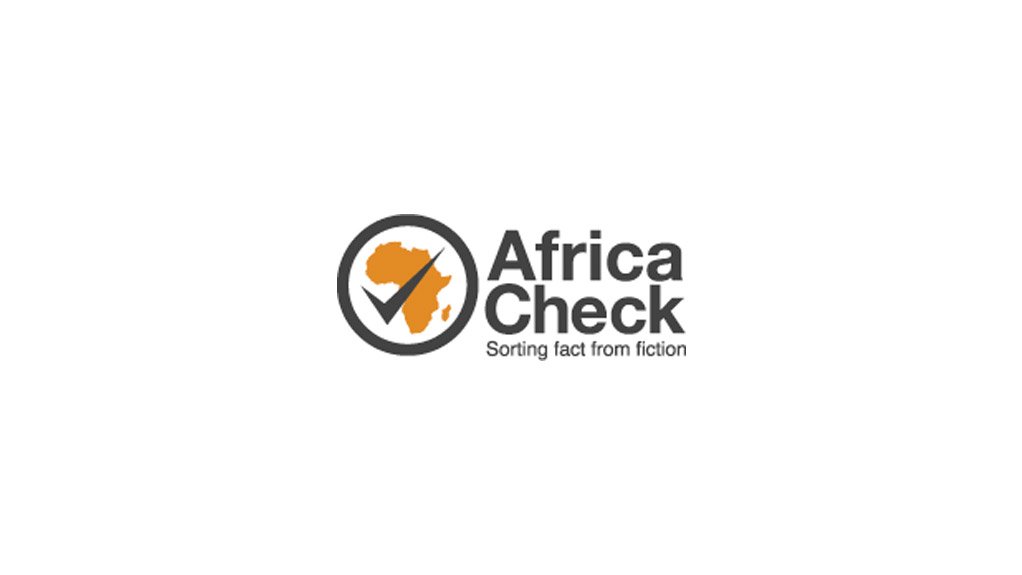In February 2025, the Democratic Alliance (DA), which is part of the coalition government in South Africa, presented its take on a budget to help grow the country’s economy.
This came after the unprecedented rescheduling of the annual budget speech, initially set for 19 February, due to disputes in the coalition government over a proposed tax hike. The budget was eventually presented on 12 March.
While speaking on inflation and the need for “tough love towards state employees”, Mark Burke claimed that parliament cleaners earn a salary of R30 000 a month (approximately US$1 647). Burke is the DA’s spokesperson on finance.
“It’s making South Africans really upset that a parliament cleaner is earning more than a teacher in a rural town in South Africa, these things make no sense,” he said. “We can’t be spending R30 000 on a cleaner when people are struggling to get by.”
Our readers asked us to look into these claims. Here’s what we found.
We contacted Burke for the source of his claim. He directed us to a November 2024 article by the Sunday Times. The first line reads: “Parliament will double the salaries of its lowest-paid workers over the next three years."
Several other articles published around the same time reported on the same development.
One article, by TimesLive, quotes the original Sunday Times paywalled article, stating that parliament’s staff “including cleaners and other low category workers can expect to earn R350 000 a year by 2026, up from the R170 000 they earn now”.
While R350 000 a year does work out to about R30 000 a month, this refers to a future date and does not reflect 2024 salaries, which, based on the article, amounted to around R14 000 a month ($770).
This was confirmed to Africa Check by Sthembiso Tembe, chairperson of the National Education Health and Allied Workers’ Union (Nehawu), South Africa’s largest public sector trade union.
Refuting the R30 000 figure, Tembe said parliament’s cleaners earned less than R14 000 a month after deductions.
Parliament spokesperson Moloto Mothapo also told Africa Check that the claim was false.
Even with progressive salary adjustments, there was no cleaner in parliament who earned R30 000 per month, he said.
“As of December 2024, cleaners received a 10% salary adjustment, increasing their gross monthly salary to R14 145.”
While Mothapo could not share individual salary data due to privacy and data protection laws, he said the figure provided was based on approved salary adjustment policies, as outlined in parliament’s internal remuneration framework.
What happened to the proposed increase?
“These proposals are related to the cleaners, not all other employees of parliament,” Tembe told Africa Check, adding that the increase would span over three years, broken up by percentage.
He said the union had reached an agreement with parliament for a 10% increase during the 2024/25 financial year. In 2025/26, cleaners could expect a 40% increase and, in 2026/27, a 50% increase. Tembe said these increases would apply before deductions.
Elijah Mhlanga, spokesperson for the education department, sent us data on the average salaries of teachers in South Africa.
He said that these figures were “not based on rural or urban”. Instead, they represented the minimum and maximum average annual salaries in rands, excluding benefits.
According to the data, the lowest-ranking teacher earned a minimum annual salary of R154 671 in April 2024 (approximately $8 490). This works out to R12 889.25 a month, lower than the monthly salary of a parliament cleaner. The maximum monthly salary for a teacher in this category was R21 169.75.
However, many teachers earn more than this. Higher-ranking teachers earned a maximum annual salary of R723 798 in April 2024 – over R60 000 a month.
Mhlanga said these salaries were subject to an annual increase, which would take effect in April 2025.
This report was written by Africa Check., a non-partisan fact-checking organisation. View the original piece on their website.











